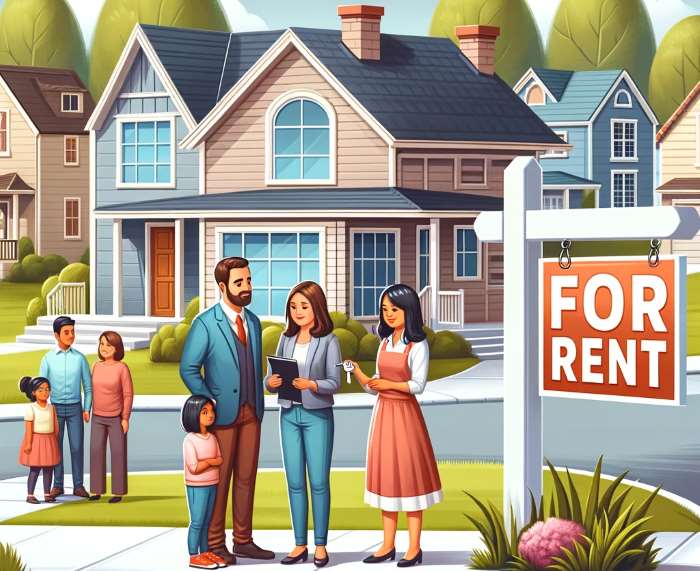Renting out a property gives you ongoing income. Whether you receive the rental payments weekly, monthly, or even yearly, you can rest assured that you have a steady cash flow – which is why being a landlord is so enticing to many. However, it’s not as easy as you’d think. Before renting out a property (or multiple), you need to find the perfect place. In this article, find out everything you must consider before investing in a rental property.
Contents
Your Budget
Every property investor needs a crystal-clear budget to work with. You need to know how much you’re willing to place on a down payment. On top of that, it’s important to factor in any other costs, such as repairs and renovations.
Many property investors seek out loans to help afford the down payment (which helps beginners get into the business). Personal mortgage lenders can help you here, as they offer loans tailored to your investment ventures. You’ll receive a personalized loan that matches your needs, ensuring you can afford the home you’ll eventually rent out. Keep in mind that it’s still recommended to have some liquid cash to the side in case of emergencies.
Rental Restrictions
Some locations have caps on how many rentals there can be in one area, with some even banning rental properties altogether. The last thing you want is to purchase a property for rental purposes only to realize you cannot legally rent the property out. Always check if there are any rental restrictions in place before placing an offer.
How Many Repairs it Needs
Something you need to look out for when inspecting a property is how many repairs it will need. If it’s a lot, that might set you back a great deal of cash. Inspecting the property and taking note of necessary repairs will give you a clearer idea of how much the rental property will cost you. Plus, you might also want to maximize income by performing renovations, perhaps even changing the property’s layout. Also, remember that repair costs are ongoing – even if the property is in pristine condition when you buy it, it will need to be maintained over the years while your tenants live there. Some of these might be very costly, so having emergency savings is always a good idea, if not absolutely necessary.
The Location
It’s not just the appeal of the property that counts. Even if the property has spacious bedrooms, wide windows, and an attractive backyard, it might not go for as much as you’d expect if the location isn’t that desirable. That’s why it’s so important to factor in the area when investing in a rental property. You might decide that the price isn’t worth it. At the same time, researching locations can even help you spot up-and-coming popular neighborhoods, allowing you to purchase a property there before it rises in price.
When looking at a location, it’s important to consider things like the local schools, crime rates, nearby amenities, the job market, and noise levels. You can find all this out with a simple Google search. Social media is also helpful, as most towns have local neighborhood groups that will give you an idea of what the area is like.
Average Rental Price in the Area
It’s hard to guess how much you’ll be able to ask for rent without looking at other rental prices in the area. So, before placing an offer, look up how much rent prices are in the area. Even better – look specifically at rental properties that are similar to yours. Keep in mind that you can always ask for more rent if your property has more to offer; a simple renovation might mean a significant rent increase paid each month.
The Risk of Natural Disasters
Natural disasters are, unfortunately, a common occurrence in certain areas, and you should factor this in before investing in a rental property. If an area has frequent hurricanes, that might mean the home is more likely to experience damage. The same goes for other natural disasters, such as wildfires and floods.
Property Taxes
You will need to pay taxes on the property, and this number should play a role in whether you go ahead with the investment. Some property taxes are much higher than others and may put you off. However, those higher property taxes might be worth the cost because the property is in a very desirable location. At the same time, you might notice high property taxes in a location that isn’t so desirable; in this case, it may be better to move on to the next property.
You must be sure that the property you’re buying will generate enough income to make it worthwhile – that’s why there’s so much to consider. More seasoned property investors know this, and they have a checklist they tick off for every property they purchase. By doing the same, you have a greater chance of growing your wealth through renting out properties.
